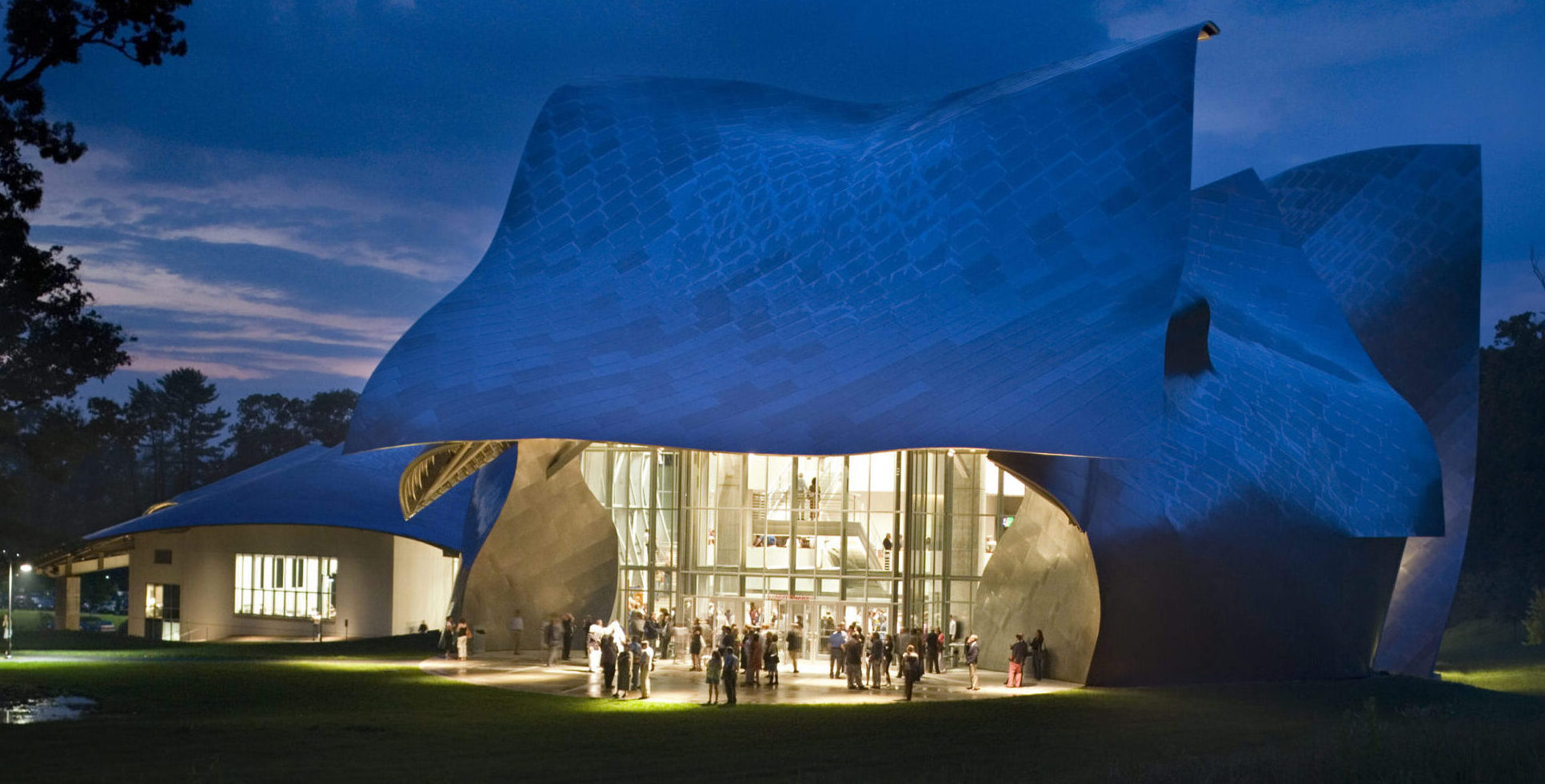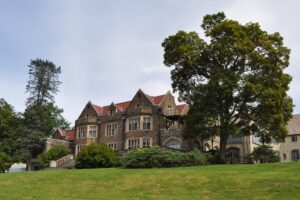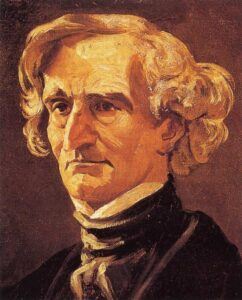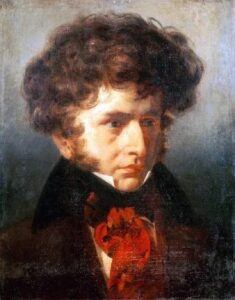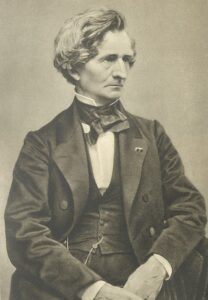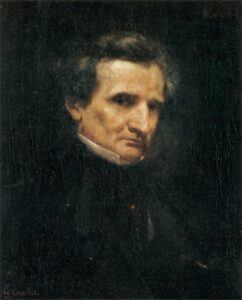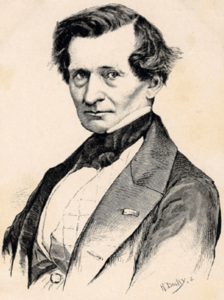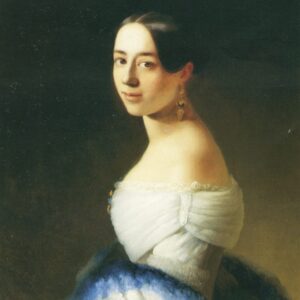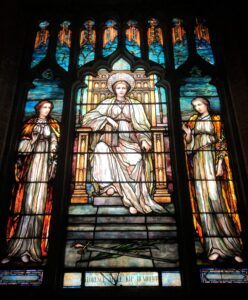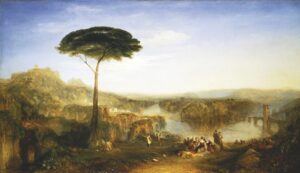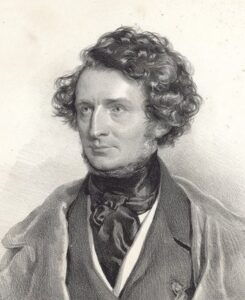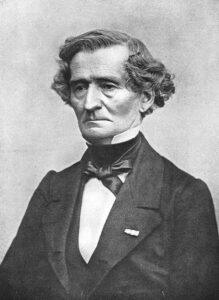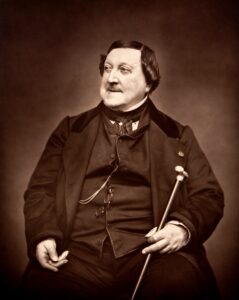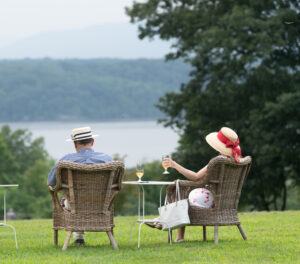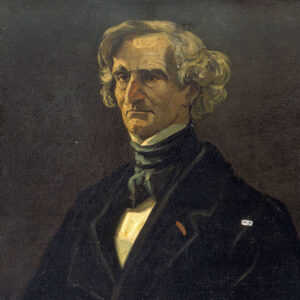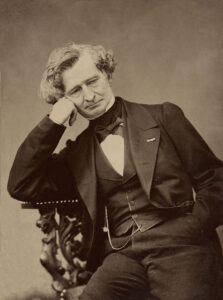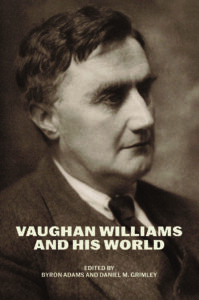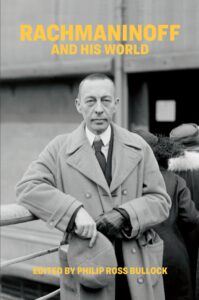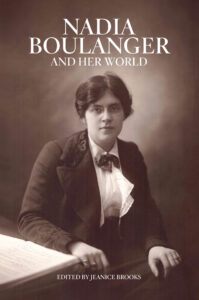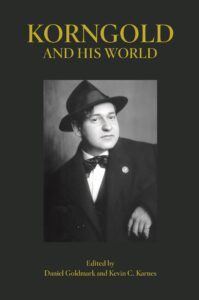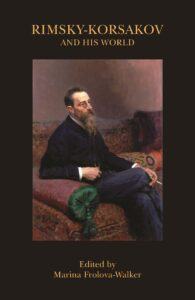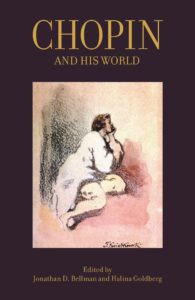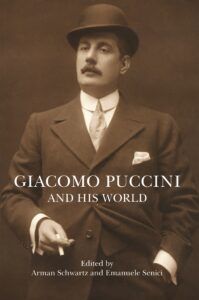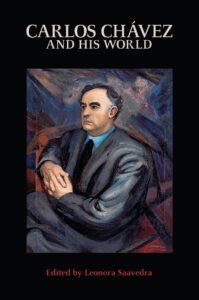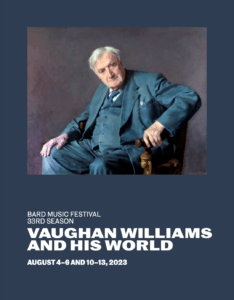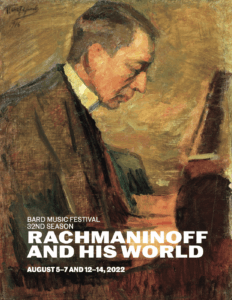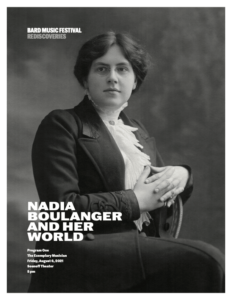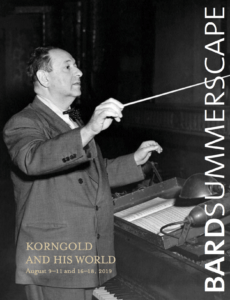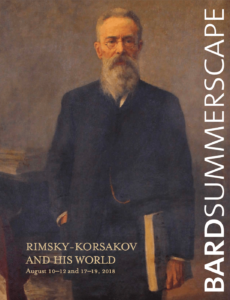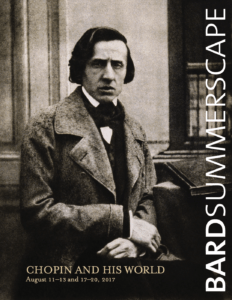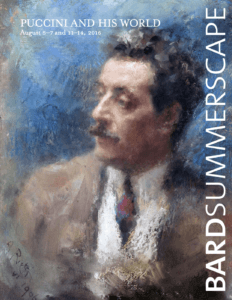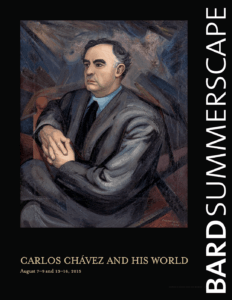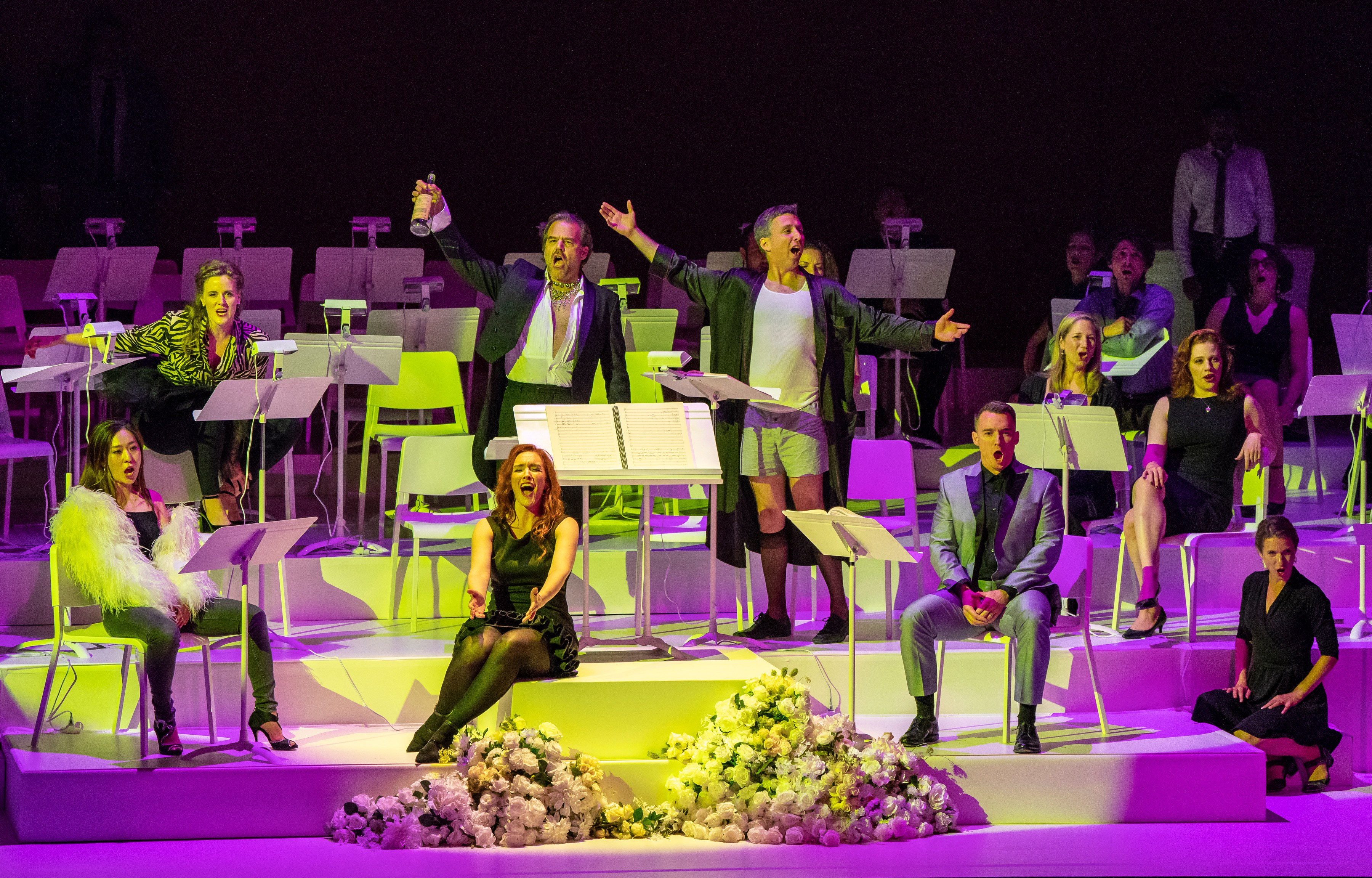THE 34TH BARD MUSIC FESTIVAL
Berlioz and His World
Weekend One • August 9–11
Revolutionary Spectacle and Romantic Passion
Weekend Two • August 15–18
Music and the Literary Imagination
A singular composer, writer, and conductor, Hector Berlioz (1803–1869) is the definitive Romantic composer.
Drawing music and sound into dialogue with a wide range of cultural, political, scientific, and literary currents, the impact of his musical thinking and innovations is felt to this day. The 2024 Bard Music Festival will explore the many strands of Berlioz’s contributions and his crucial role in the musical life of nineteenth-century Europe and of today.
What's On
SummerScape 2024
“A hothouse for the creation of uncompromising, cross-disciplinary hits.”—New York Times
Bard SummerScape returns with eight weeks of live music, opera, dance, and theater. Highlights include the 34th Bard Music Festival, Berlioz and His World; a rare, fully-staged production of Giacomo Meyerbeer’s glorious opera Le prophète; SCAT!, a new dance-driven jazz club spectacular from Urban Bush Women; the world premiere of Elevator Repair Service’s modernist staging of Joyce’s epic Ulysses; and the return of the beloved Spiegeltent.
JUNE 20 – AUGUST 18
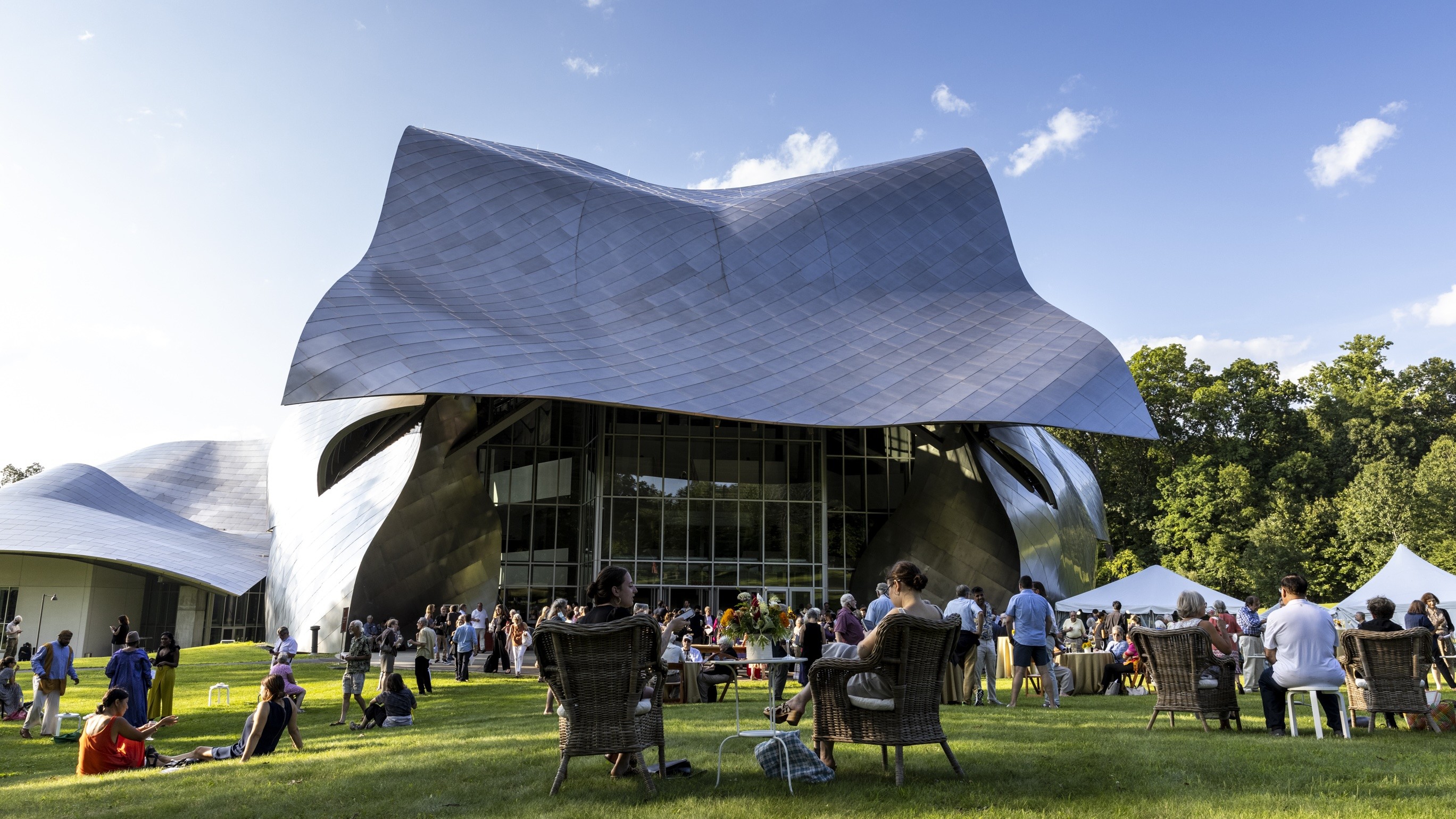
SUMMER SOIRÉE
Celebrate the season at our annual Summer Soirée at Blithewood, a turn-of-the-century mansion overlooking the Hudson River. The afternoon includes performances, signature cocktails, light fare, and a guaranteed good time.
August 17
Photo by Karl Rabe

Coach Transportation
Chartered coach transportation from New York City is available for select SummerScape and Bard Music Festival programs.
To book round-trip transportation for select SummerScape 2024 performances, you may <a href=”https://session.fc.bard.edu/overview/3208″>order online</a>, or call the Box Office at <a href=”tel:845-758-7900″>845-758-7900</a>.
Photo by Aya Rebai HRA ’24
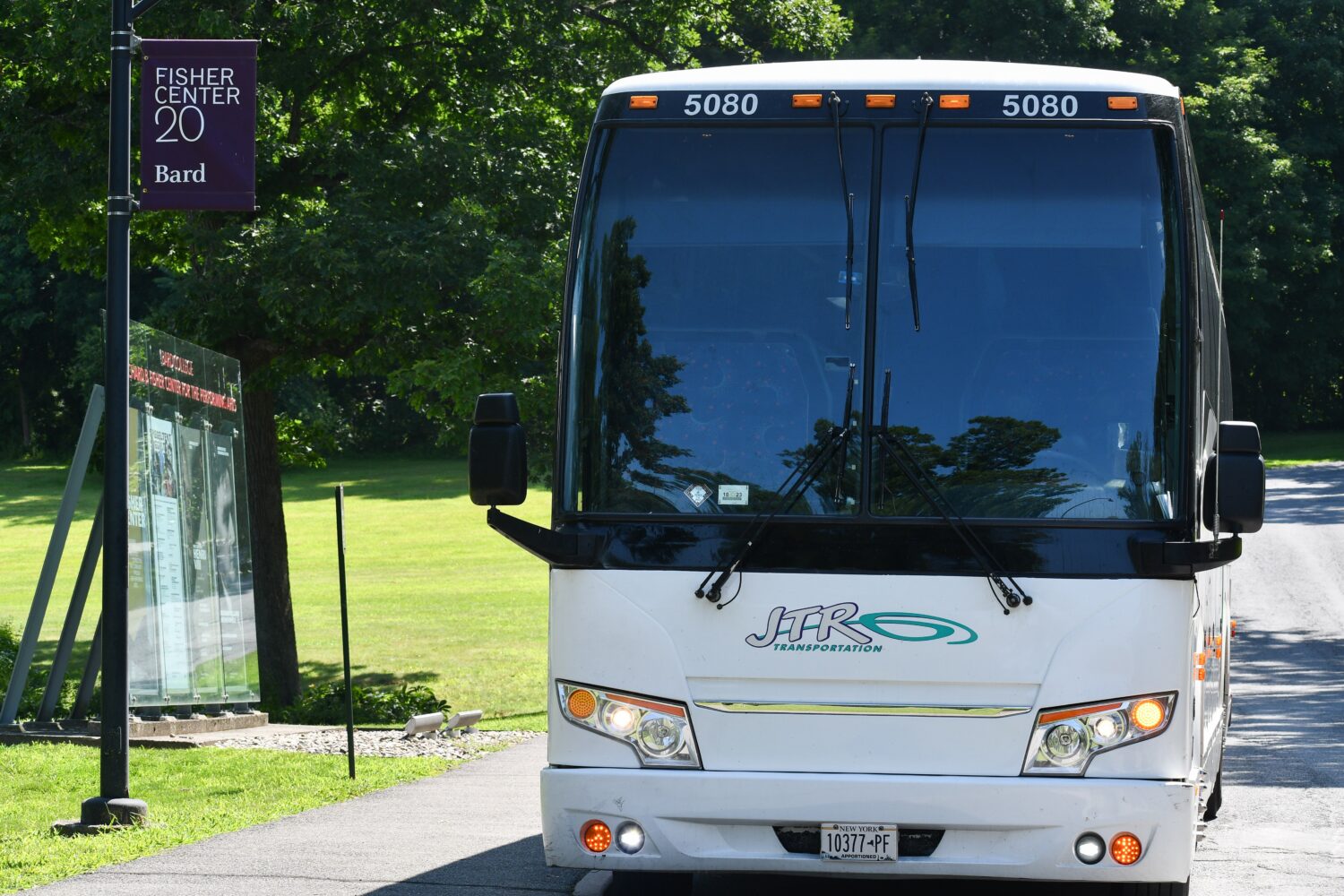
SummerScape Savings
Choose three or more SummerScape or Bard Music Festival programs and save 25%.
Photo by Chris Kayden
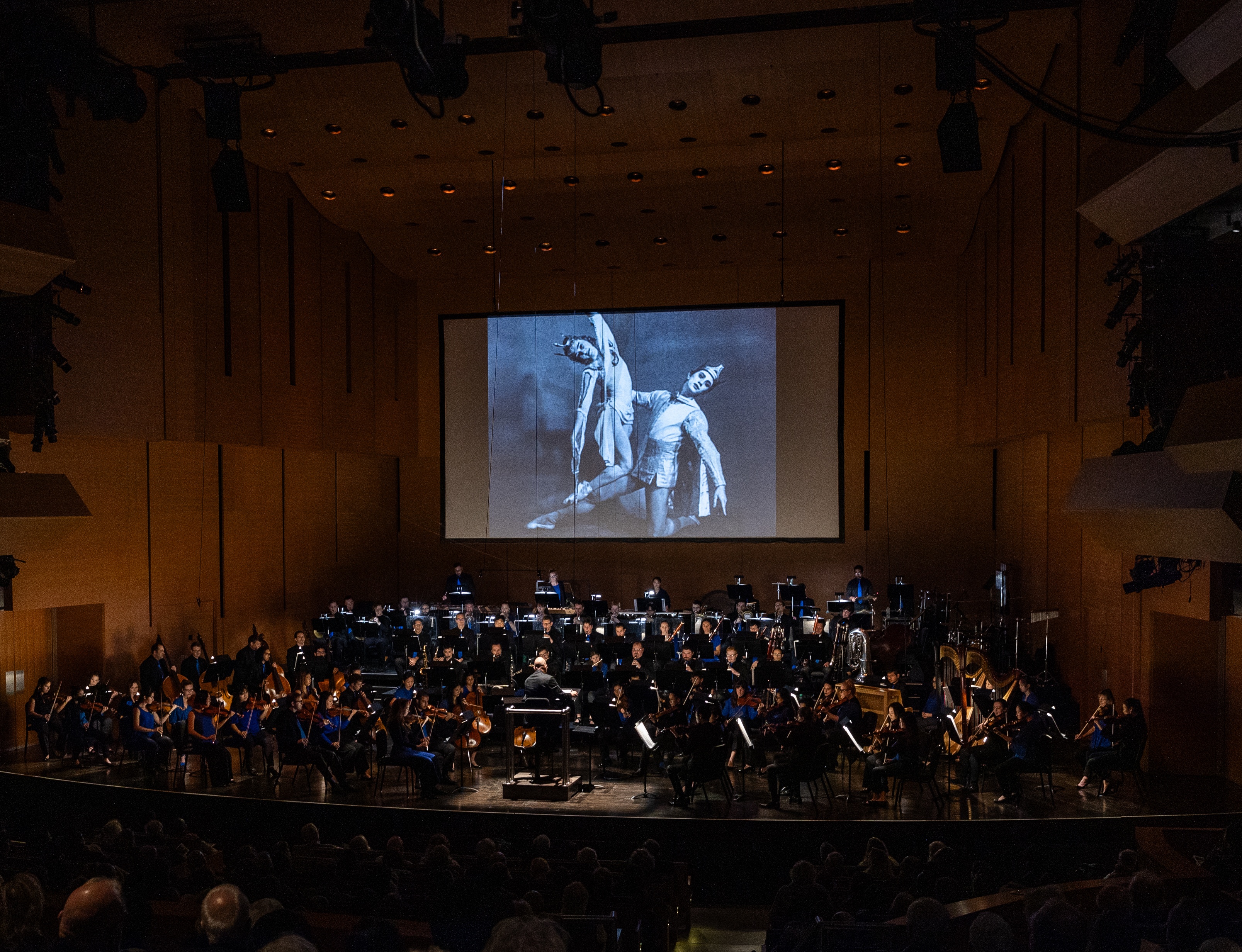
Visit the Fisher Center
The Richard B. Fisher Center for the Performing Arts at Bard College is located in Annandale-on-Hudson, New York, situated on the east bank of the Hudson River in the beautiful Hudson Valley, about 90 miles north of New York City and 220 miles southwest of Boston.
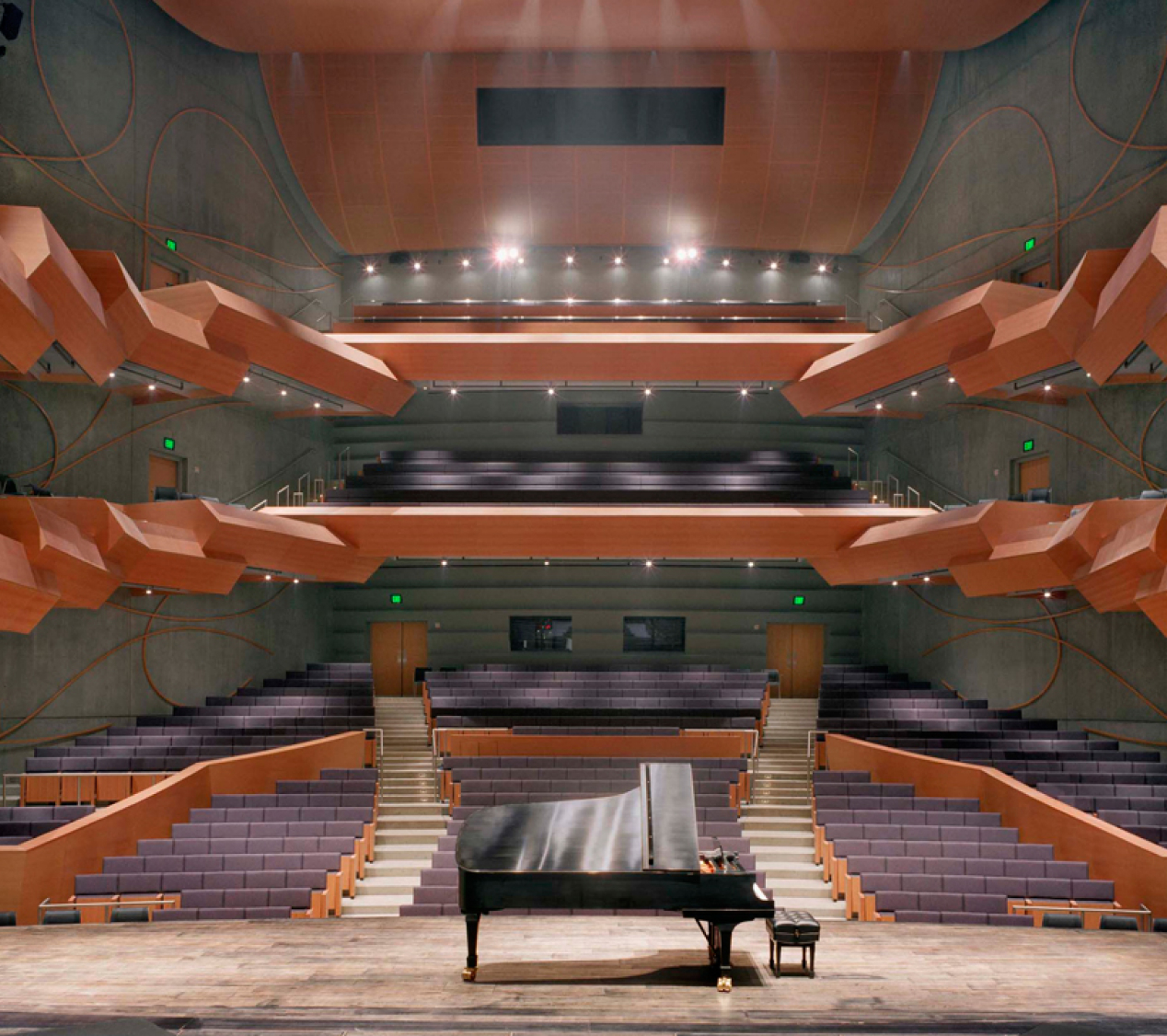
History
Founded in 1990, the Bard Music Festival has established its unique identity in the classical concert field by presenting programs that, through performance and discussion, place selected works in the cultural and social context of the composer’s world.
Programs of the Bard Music Festival offer a point of view. The intimate communication of recital and chamber music and the excitement of full orchestral and choral works are complemented by informative preconcert talks, panel discussions by renowned musicians and scholars, and special events. In addition, each season University of Chicago Press publishes a book of essays, translations, and correspondence relating to the festival’s central figure.
By providing an illuminating context, the festival encourages listeners and musicians alike to rediscover the powerful, expressive nature of familiar compositions and to become acquainted with less well-known works.
Since its inaugural season, the Bard Music Festival has entered the worlds of Brahms, Mendelssohn, Richard Strauss, Dvořák, Schumann, Bartók, Ives, Haydn, Tchaikovsky, Schoenberg, Beethoven, Debussy, Mahler, Janáček, Shostakovich, Copland, Liszt, Elgar, Prokofiev, Wagner, Berg, Sibelius, Saint-Saëns, Stravinsky, Schubert, Carlos Chávez, Puccini, Chopin, Rimsky-Korsakov, Korngold, Nadia Boulanger, Rachmaninoff, and Vaughan Williams.
The 2024 Bard Music Festival will be devoted to the life and work of Hector Berlioz.

About
The Bard Music Festival promotes new ways of understanding and presenting the history of music to a contemporary audience. Each year, a single composer is chosen as the main subject. The biography of the composer, the influences and consequences of that composer’s achievement, and all aspects of the musical culture surrounding the time and place of the composer’s life are explored. Perhaps the most important dimensions of the festival are the ways in which it links music to the worlds of literature, painting, theater, philosophy, and politics and brings two kinds of audience together: those with a long history of interest in concert life and first-time listeners, who find the festival an ideal place to learn about and enjoy the riches of our musical past.
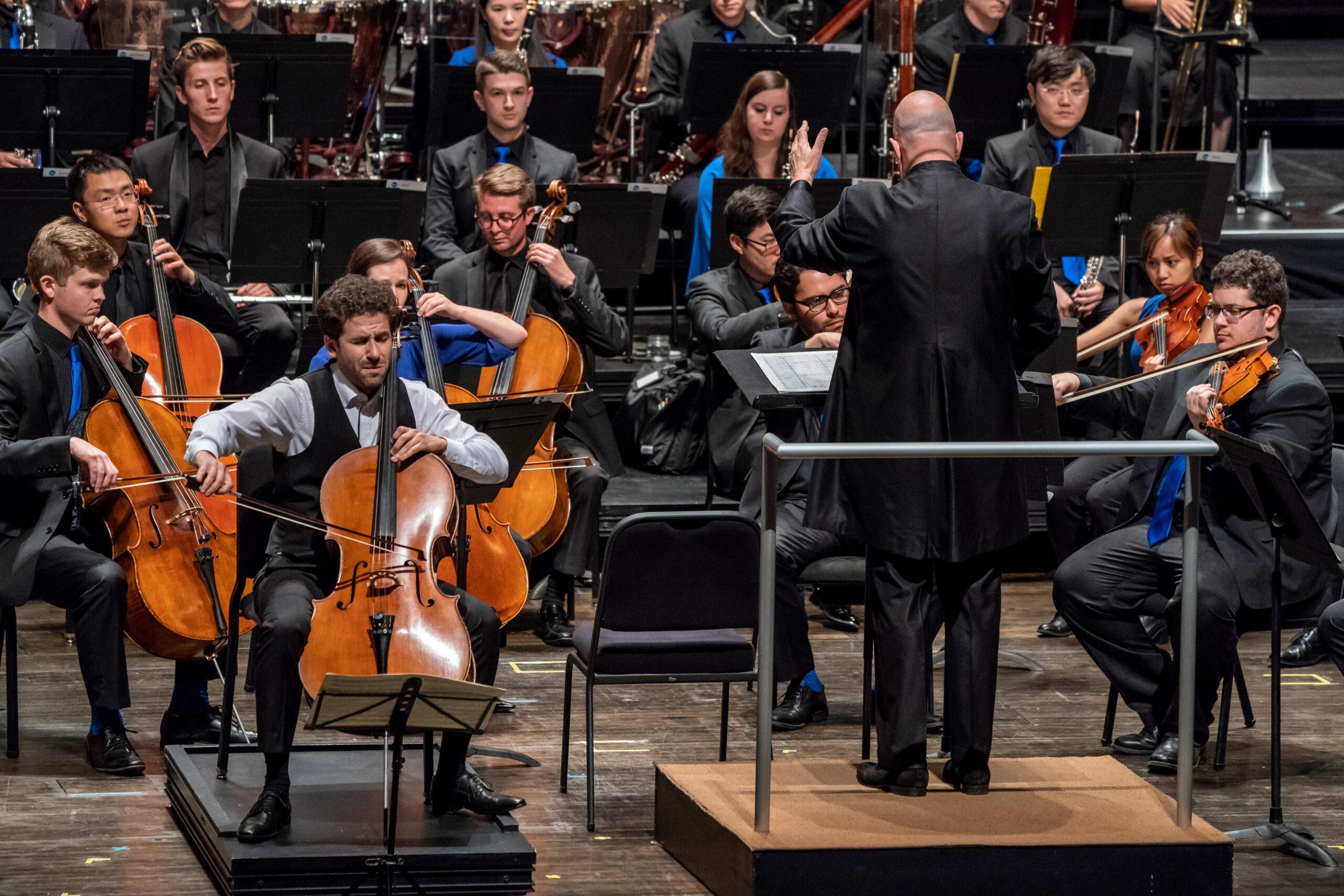
The Performing Arts are Essential
Support the creation of innovative work by adventurous artists.
